Junkyards, Gearheads & Rust
Salvaging the Automotive Past
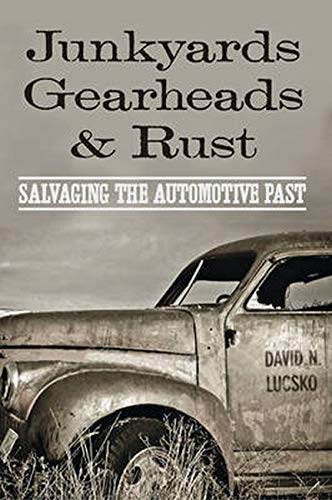 by David N. Lucsko
by David N. Lucsko
What happens when a young boy’s fascination with cars never lessens as he grows to manhood when coupled with also discovering, via an elective college-level course, that he loves history as well? Once enrolled at Georgia Tech he discovered a program called History, Technology and Society. Undergraduate degree in hand he next pursues his masters, then his doctorate, both from MIT (Massachusetts Institute of Technology). His doctoral dissertation on the link between auto restoration and hot rodding eventually morphed into his first book, published in 2008 titled The Business of Speed: The Hot Rod Industry in America, 1915–1990.
Today, David Lucsko (b. 1976) is the chair of Auburn University’s Department of History in the College of Liberal Arts and working on his third book. This, his second book, is a nuanced survey of the automotive dismantling or scrap industry and its interfaces with enthusiasts, hobbyists, and repair shops presented in six well-written chapters.
Of Junkyards, Gearheads & Rust, Lucsko says, “The more I researched, the more I learned that automobile restoration, hot rodding and the culture of those individuals who enjoy the hands-on hobby/profession of doing this work have a history dating all the way back to the Ford Model T, and they represent a significant segment of that industry in America and in the rest of the world.” He then proceeds to explore and explain with excellent detail those discoveries over nearly 300 pages.
Lucsko begins with an overview of the salvage business 1900 to 2010 before moving on to “The Art and Practice of Direct Recycling” which focuses on that era when hobbyists could actually visit the yards and remove desirable mechanical or body parts themselves. Following that overview that feels like a celebration of those automotive-salvage yards contributing to the preservation of various makes and models of transportation, Lucsko arrives at the time in history when urban, suburban, even rural property values were ever-increasing and municipalities were enacting new zoning and environmental laws while the insurance industry was raising concern over liability issues, and more. All spelled troubled times for junkyards/scrapyards—or whatever name you chose to call them—and an eventual end to “junkyard jamborees” or “wreck-connaissance missions.”
One of the most interesting chapters explores the last decade of the twentieth century and first decade of the twenty-first during which clean air legislation and polluting industries, in attempts to delay their own expensive clean-up by instituting credits for crushing cars deemed clunkers or gross polluters, became a real circus. The heading of a subsection in this chapter describes it as “Clunker Chaos.”
Lucsko cites too a social anthropologist named Michael Thompson who writes that a throwaway mentality actually works opposite from what might seem logical, for the more we throw away the more we buy, and ultimately waste a great deal more. Are we a material goods-oriented society or what?
That said, what we value and find of “durable value” is an ever-moving target and that includes automobiles. Thompson’s Rubbish Theory indicates the perceived value of material items shifts in graduated stages over time from when new. Transience he defines as the symbolic and monetary value diminishing until it is perceived as virtually worthless or rubbish which it remains until it is rediscovered and thus can pass into that stage he terms durability.
Partially replacing the dwindling scrap or junkyards has been the proliferation of swap meets such as AACA’s Fall Hershey, the various marque-oriented Carlisles, Iola Swap and Car Show every summer in Wisconsin, or the West Coast’s Turlock (California) or Portland, Oregon. Barn-find seekers too play their part.
David Lucsko’s look at how automobiles are salvaged, repurposed, and restored serves as testimony that the history of the auto “is much more than a running catalog of showroom novelties.”
Copyright 2023 Helen V Hutchings, SAH (speedreaders.info)


 RSS Feed - Comments
RSS Feed - Comments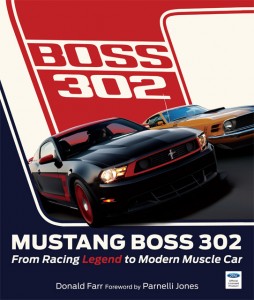
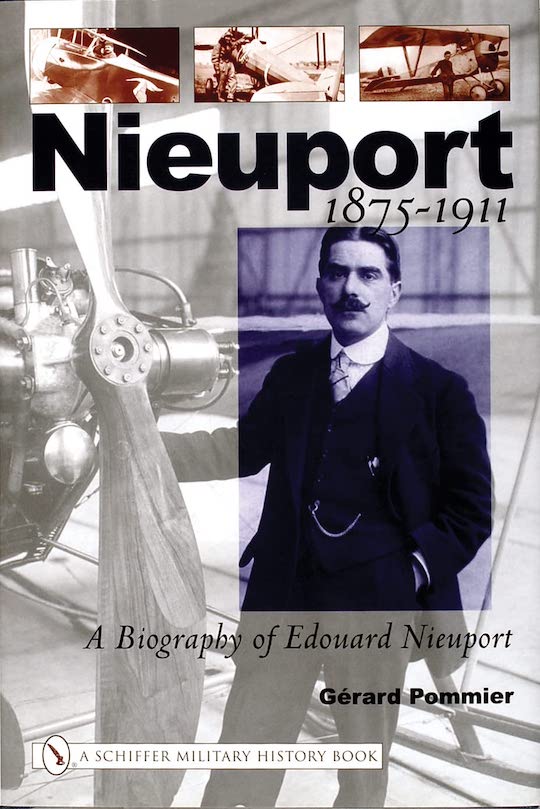
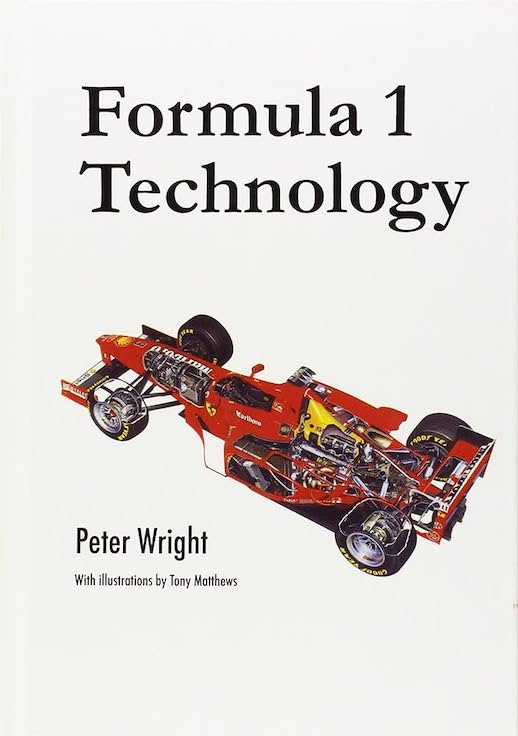
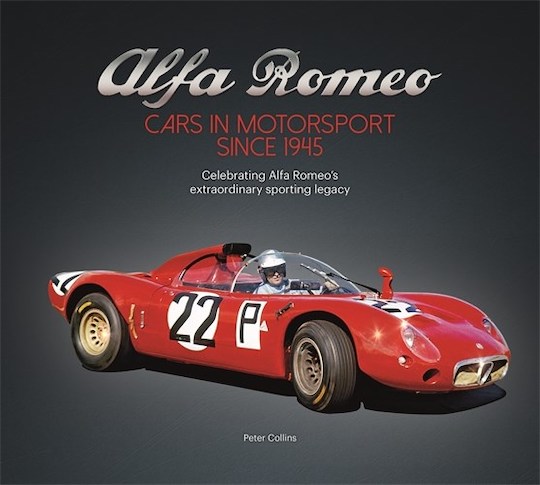

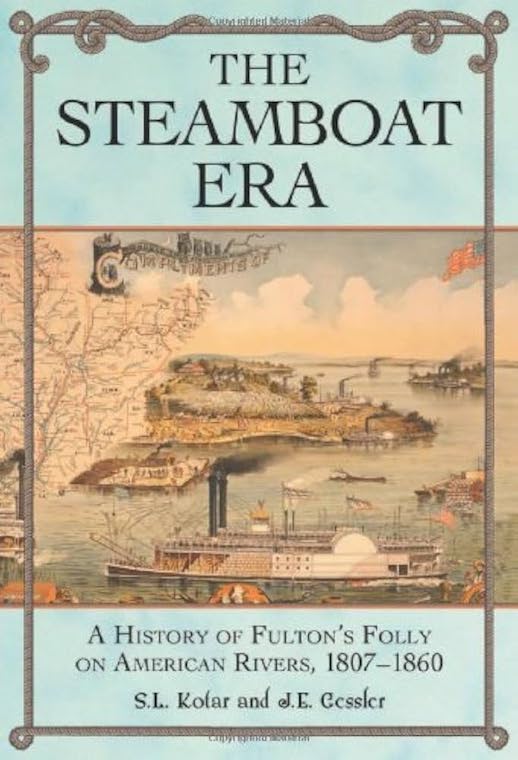

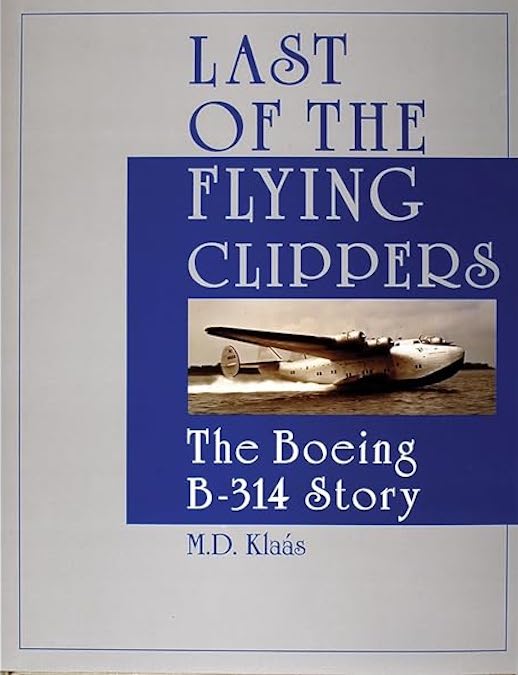
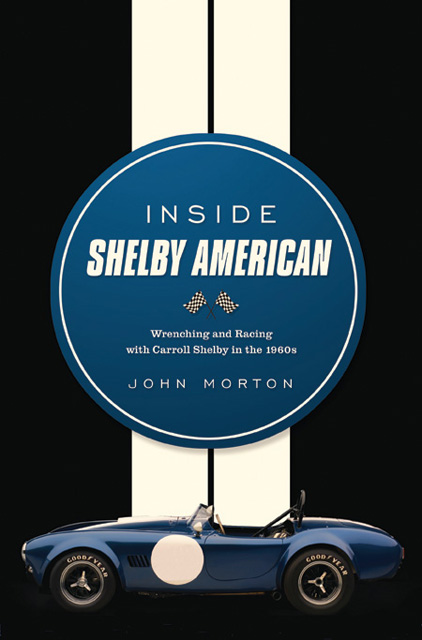

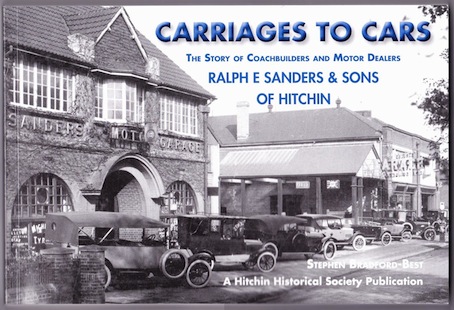
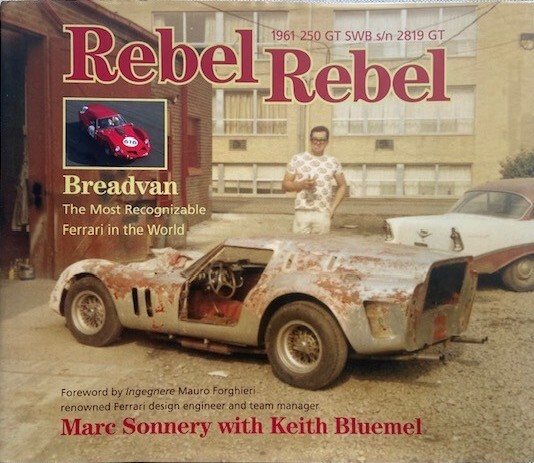
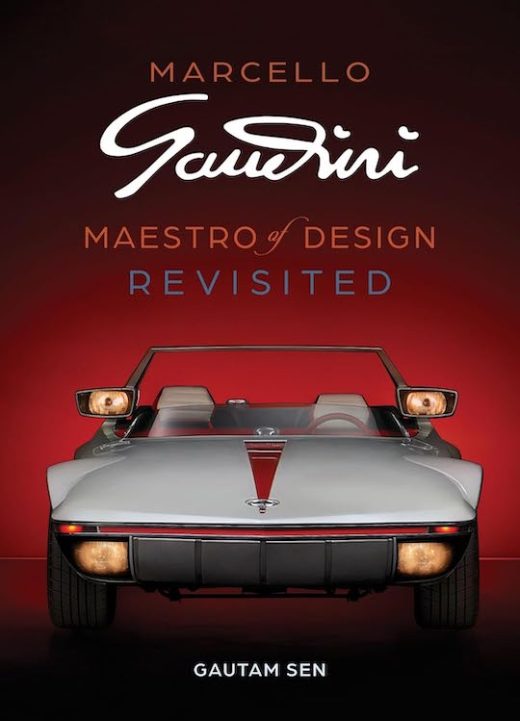
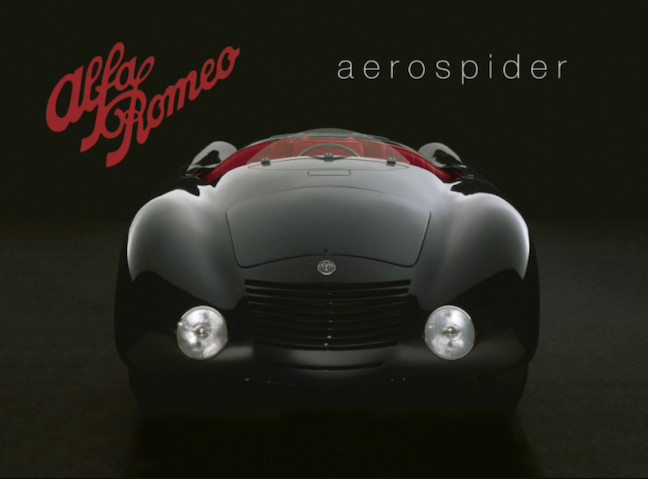
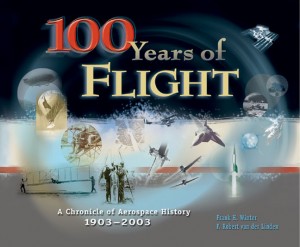
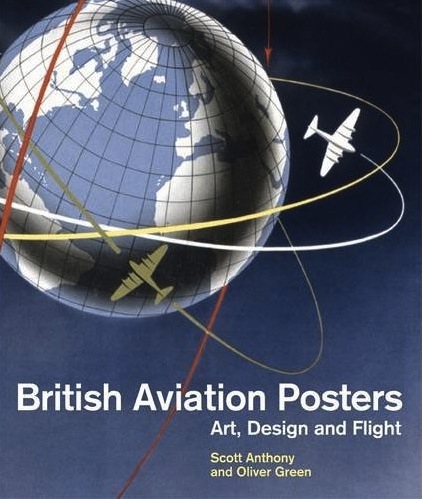

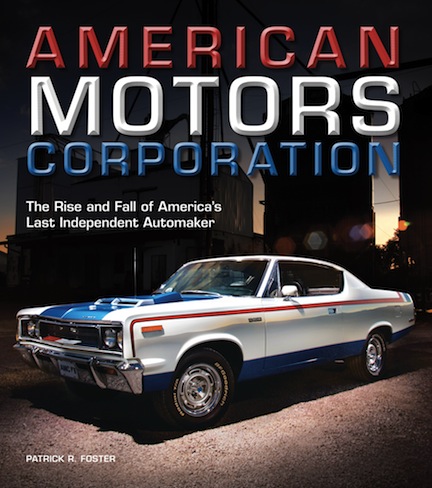
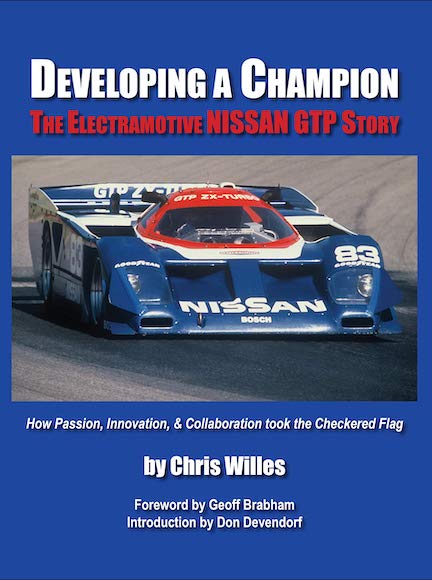
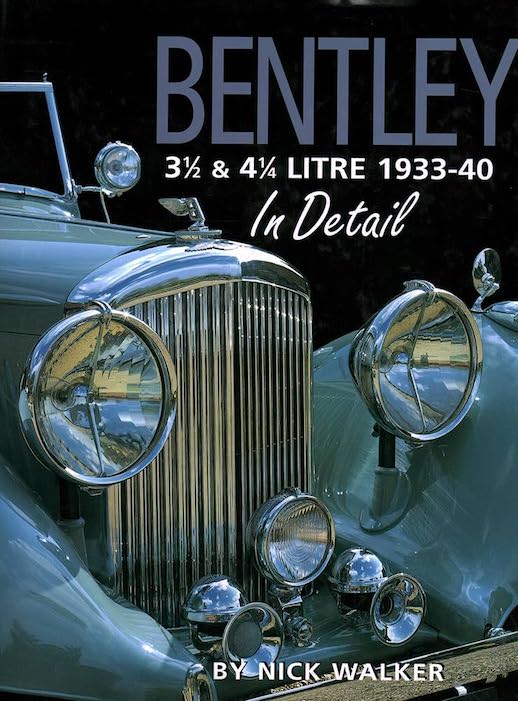
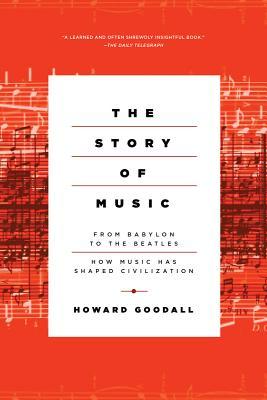
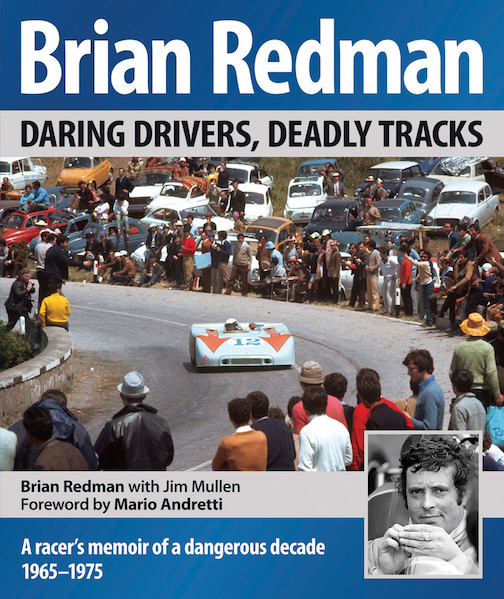
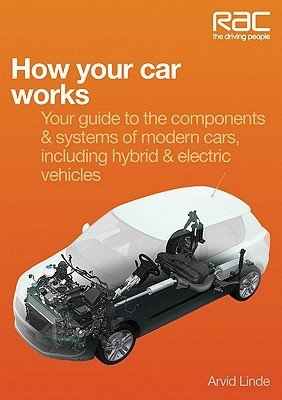
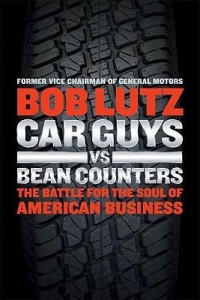

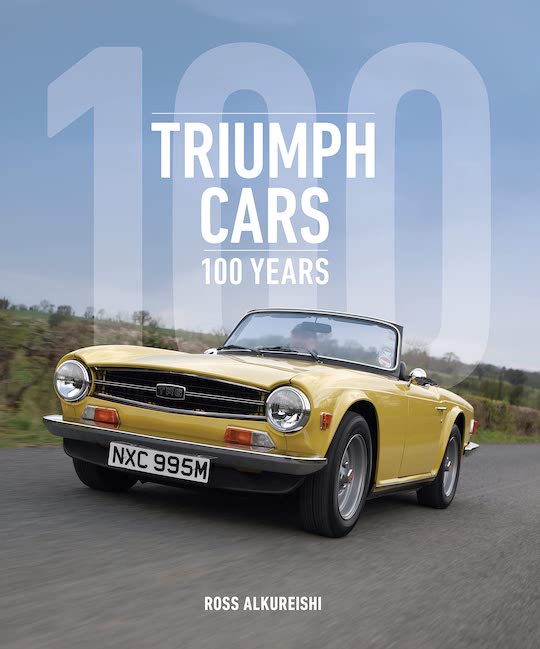
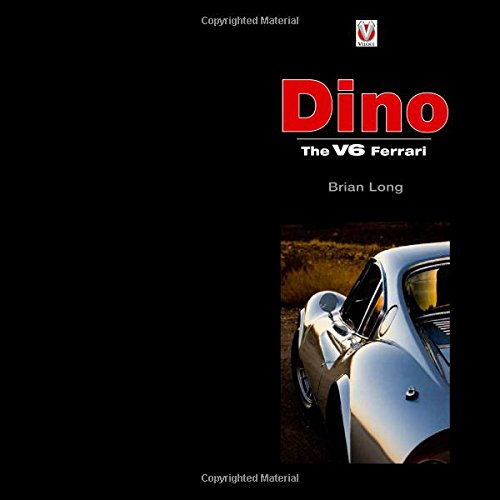
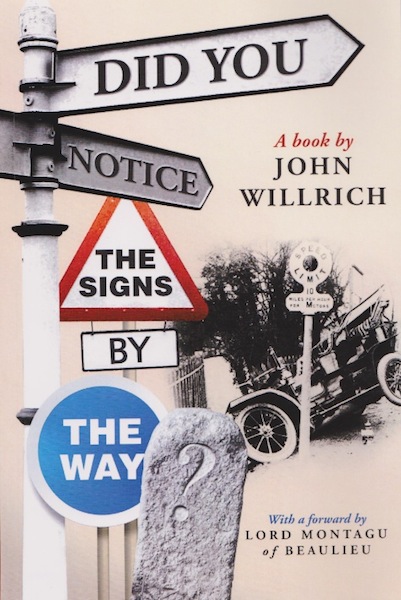
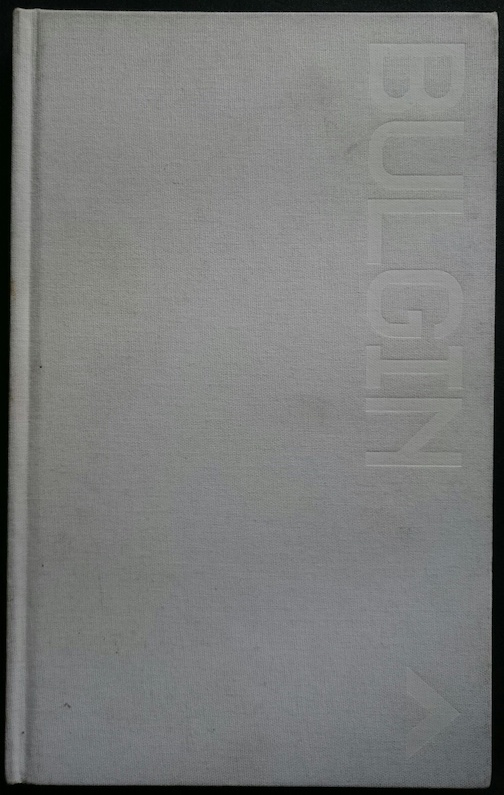
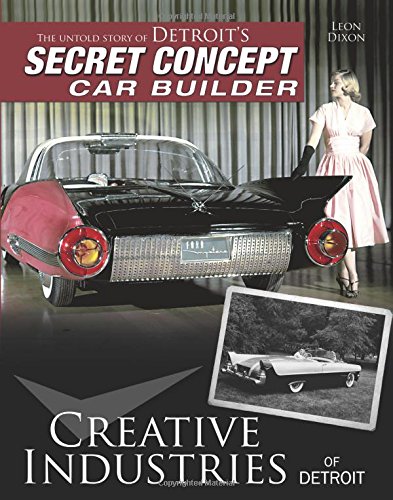
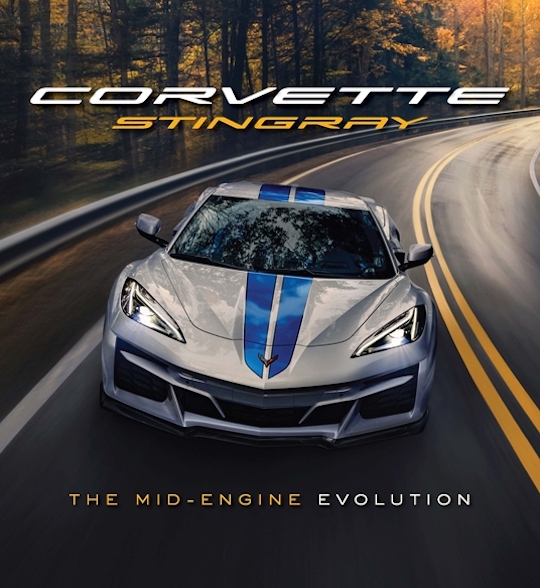
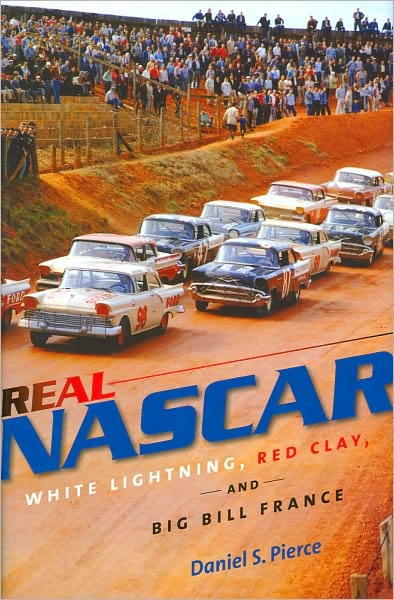
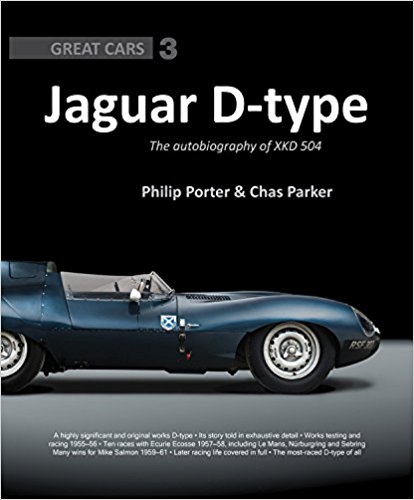
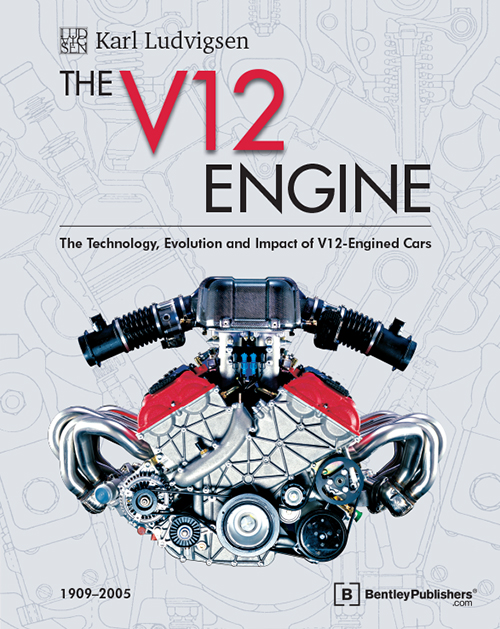
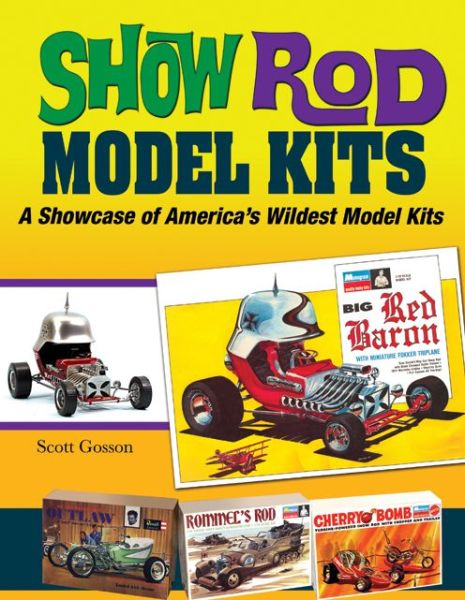
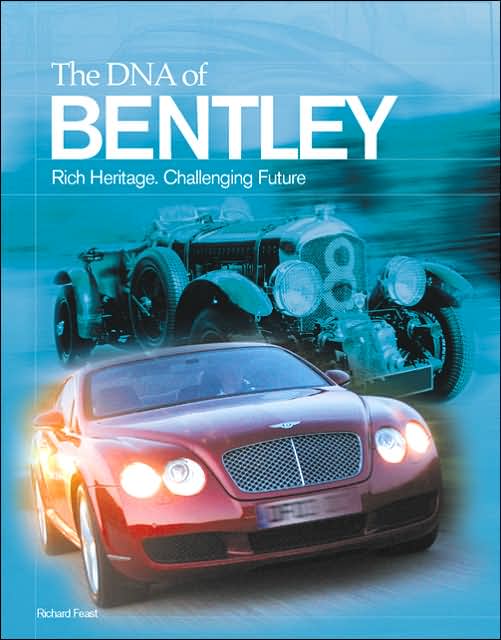



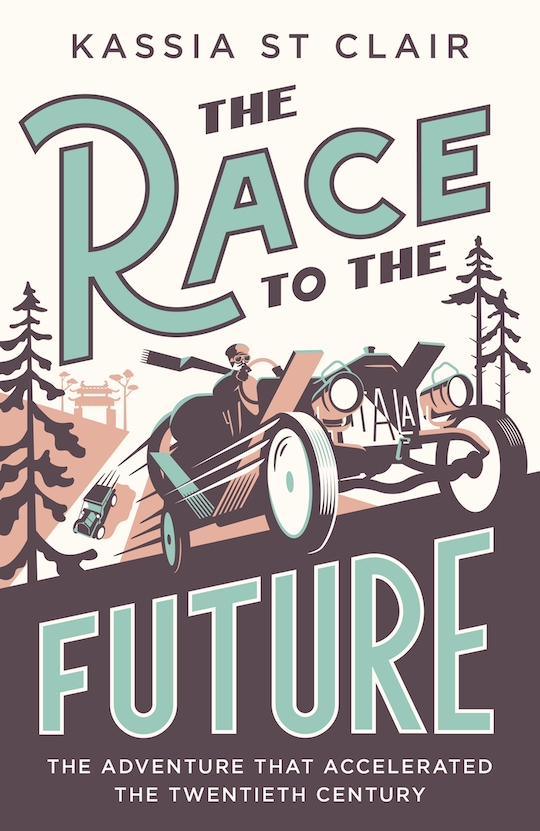
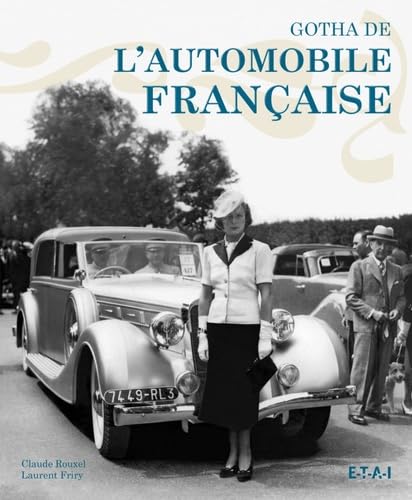
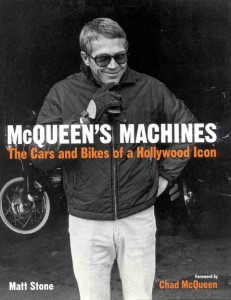
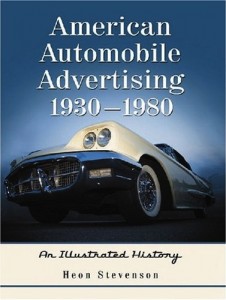


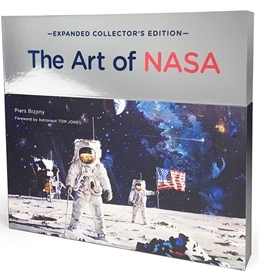
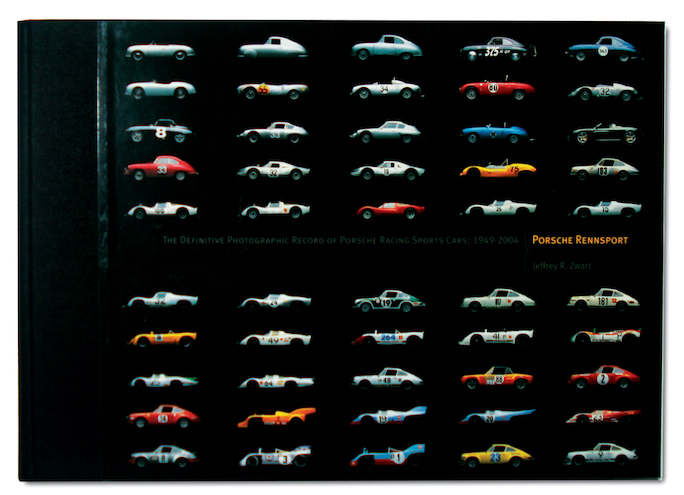
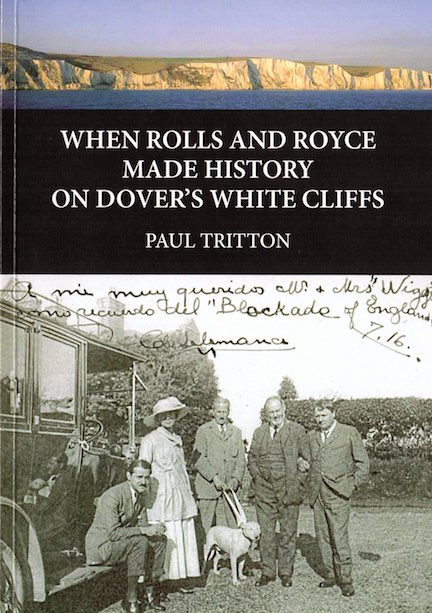
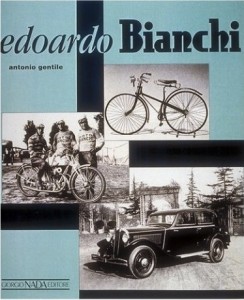
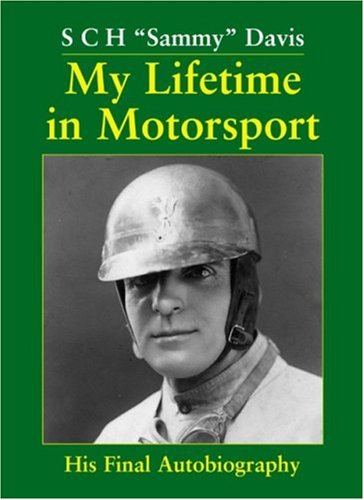

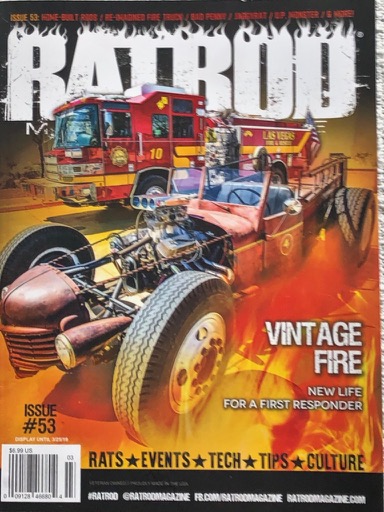

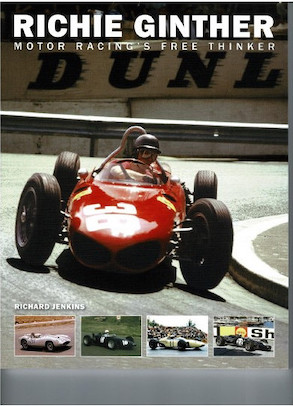
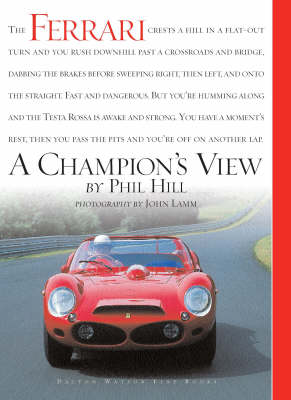
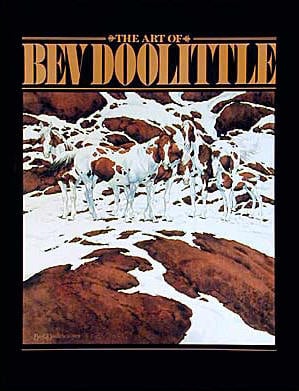
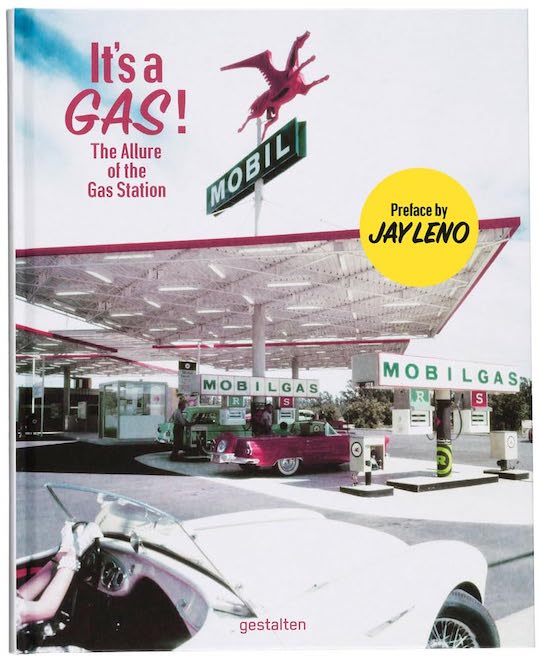
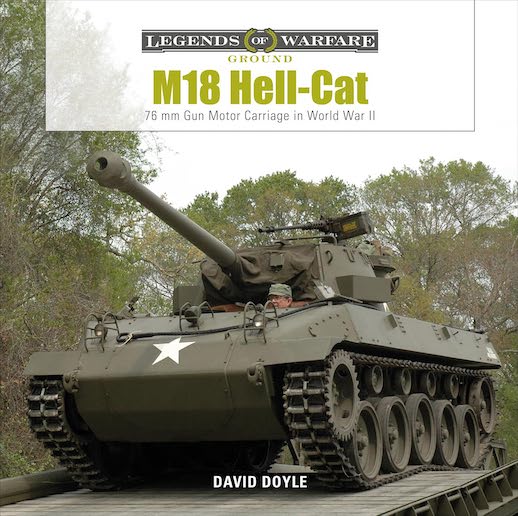
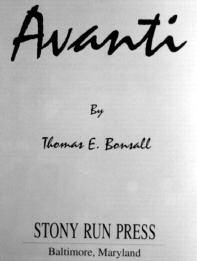
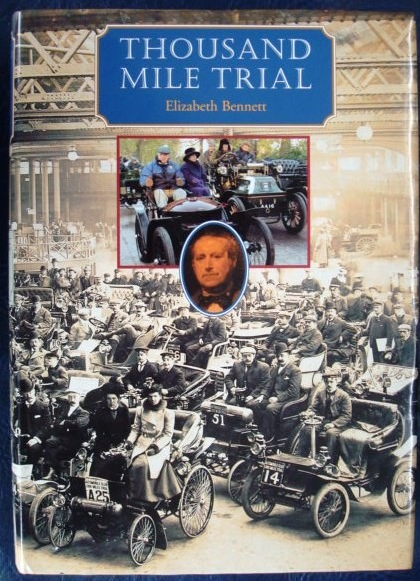

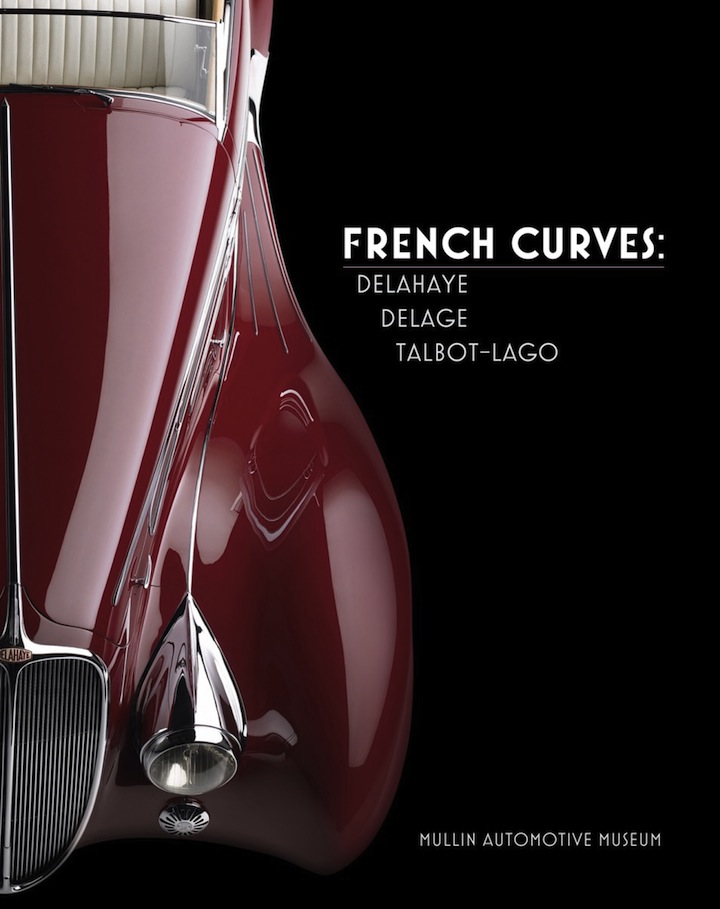
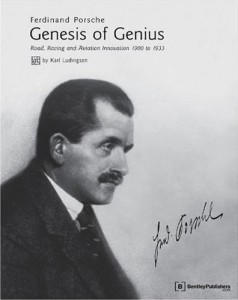
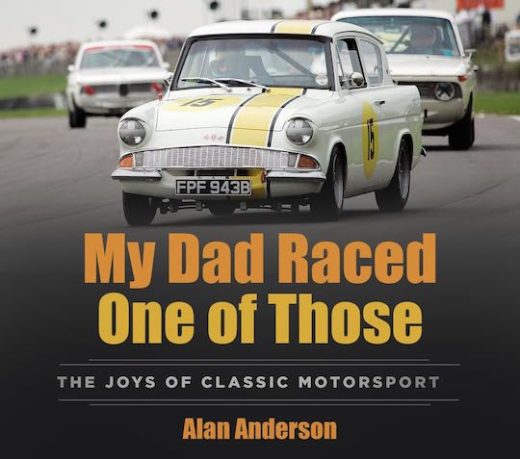
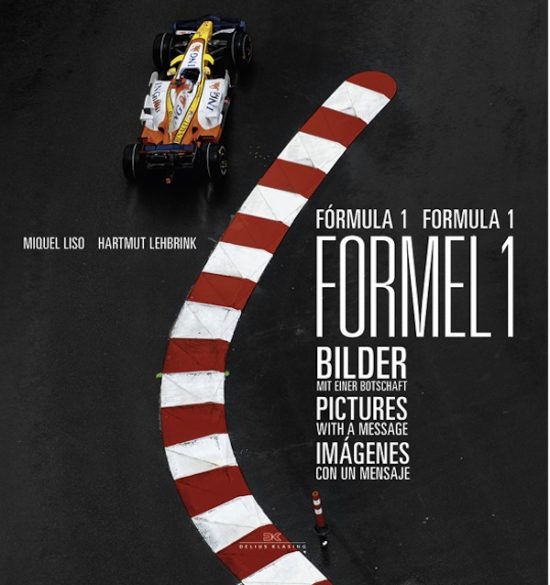
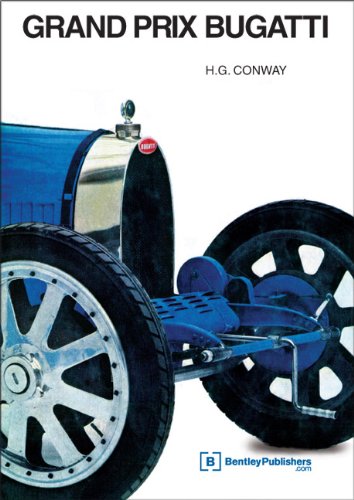
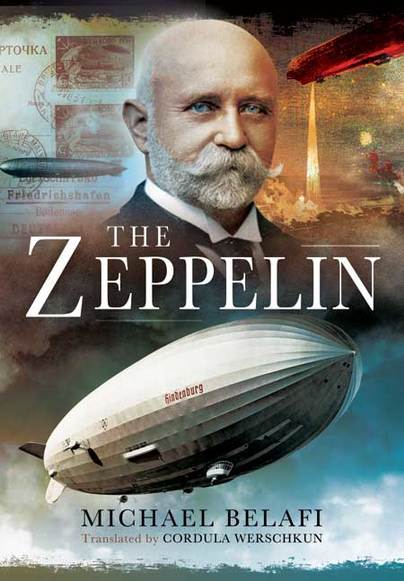


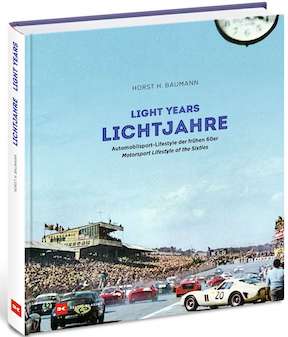

 Phone / Mail / Email
Phone / Mail / Email RSS Feed
RSS Feed Facebook
Facebook Twitter
Twitter